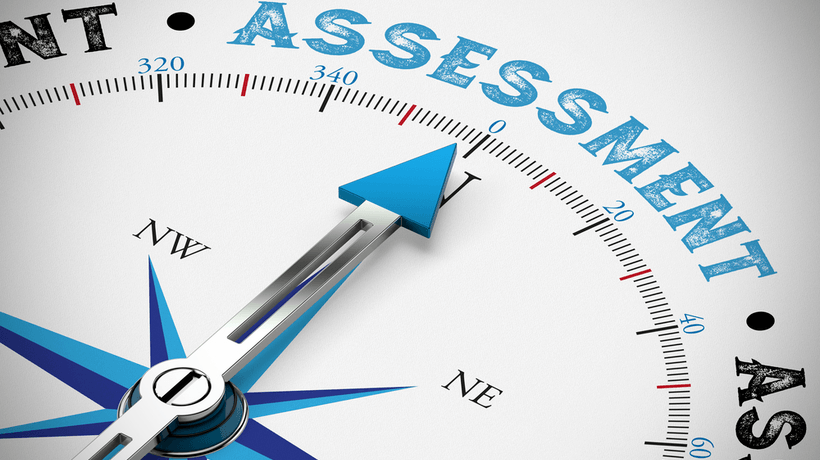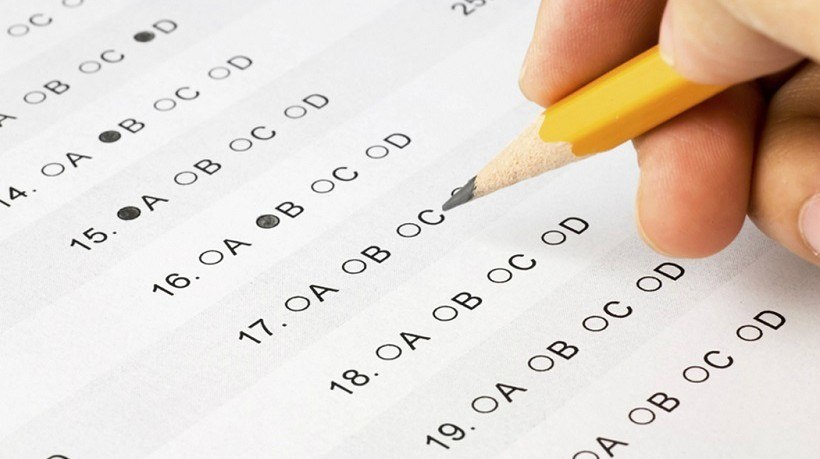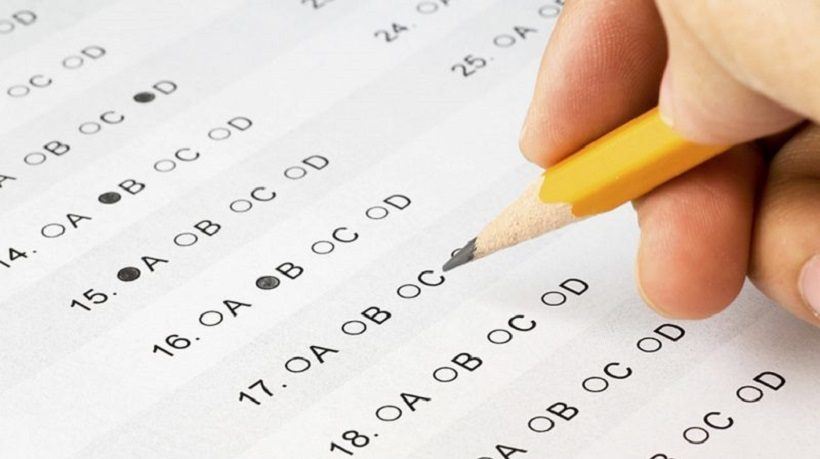Formative Assessment: What You Need To Know
Learning interventions would be like rudderless ships without assessments. There are two types of assessments: formative and summative. In simple terms, a summative assessment is conducted at the end of the learning program to “sum up” the learning outcome and assess whether the learner has achieved the learning objectives.
On the other hand, formative assessments are spread throughout the learning journey that “forms” the basis of learning effectiveness. Let us focus on formative assessment only. Formative assessment basically makes use of subtle and continuous evaluation methods. It relies on small, spread-out continuous feedback to form the learning tone.
Why Is Formative Assessment necessary?
Consider yourself a learner going through a set of learning materials. In the end, you take the summative assessment and find out that your performance needs improvement. You have effectively wasted the entire time of going through the learning material without knowing how close or far you were from attaining your learning objectives.
Formative assessments come in handy as you get feedback at regular intervals. Thus, you can easily know if you are on the right track. A well-designed formative assessment helps learners be on top of their learning journey, get continuous feedback on their progress, readily identify their skill gaps, and zero in on what’s important.
Importance Of Formative Assessment In eLearning
In a classroom scenario, the presence of a teacher helps learners understand their strengths and weaknesses and alter the learning path accordingly. However, in an eLearning scenario, the learner is on their own and there is nobody to assist the learner. The formative assessment comes to the rescue. It helps learners identify their progress and focus on the important areas. It acts as a guide for the learners to help them stay focused and get the maximum out of the learning journey. A well-designed formative assessment promotes learner engagement, active learning, and critical thinking, which helps in maximizing the learning outcome.
Benefits Of Formative Assessment For the Learner
A formative assessment benefits the learner in various ways:
- It helps in the quick assessment of learning problems and gaps, if any.
- It provides continuous sources of performance evidence and prompts feedback.
- It enables the learners to focus on the most critical activities and not get distracted.
- It helps in developing critical thinking and self-awareness.
- It inspires the learner to evolve with the learning material.
Formative assessment serves both the motivational and achievement needs of the learners. It helps learners assess their work, and thereby, find out whether they are on track to reach their goal. It also enables them to plan what they need to do to improve. It also provides a necessary break from the monotony of learning. With the advancement in learning management technology, formative assessments are becoming even more impactful.
Present-day smart LMSs are making use of the formative assessment to curate content and define the best possible learning path for the learner based on their strengths and weaknesses. xAPIs have become smart enough to capture learner activity data to analyze learner performance and behavior to suggest the best learning path.
Examples of formative assessment:
There are various tools or components used for formative assessment. Some of the popular formative assessment tools are:
- MCQ /fill-in-the-blank questions
- Assignments
- Pop-quizzes
- Discussion forums
- Polls
- Peer/self-assessments
- Practices scenarios/simulations
- Games
The choice of formative assessment depends solely on the learning context. There is no one-size-fits-all formula for choosing the right formative assessment.
Conclusion
A formative assessment is one of those indispensable tools that makes eLearning effective and efficient. It can make up the gap of absence of human teachers in assessing the learners’ progress and personalization of the learning path. L&D leaders can devise the best ways to leverage the benefits of formative assessment. It gives them the necessary insights into the performance of the learner as well as the learning material. Experts rightly say, “If you can’t measure it, you can’t improve it."
Formative assessments give us a way to measure before it’s too late. It is the only way to understand and improve learning outcomes. There are many dedicated formative assessment tools available nowadays, such as PeerGrade, Rubistar, Google Sheets Extension, and Orange Slice, sli.do, and so on. With the use of Machine Learning and Artificial Intelligence, formative assessment can be made really powerful.









